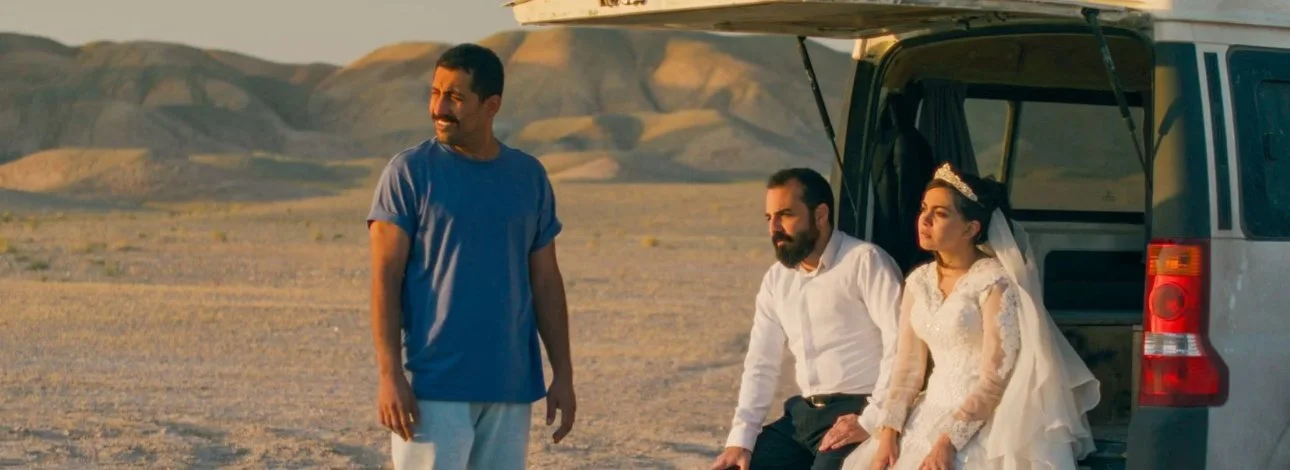
James Cameron has been fairly outspoken about the current state of American cinema, especially the last week when he said we are reaching "Marvel fatigue." In past 12 months, James Cameron lambasted "The Force Awakens" as a film that "lacked imagination," and he also criticized "Wonder Woman" for being "a step backward."
Now, on its 50th birthday, he's talking 2001: Space Odyssey," and his thoughts on the Kubrick classic are more eloquent than any of his other diatribes. To Cameron, the film is a work of art but easier to admire than to love:
“It’s not a film that I like; it’s a film that I love. When I say I don’t like it, it’s that I don’t like the feel of the film. I don’t like its sterility. I like a film with a little more emotional balls, just as a movie, to get involved in. But as a work of art, I love it. It had an had an enormous, enormous impact on me, at a certain point.” — James Cameron speaking about 2001: A Space Odyssey in a 4.26 Toronto Star interview by Peter Howell.
I understand what Cameron says there, but "2001" is the reason why I love cinema the way I do. It pushed boundaries and made us view the screen in such uniquely progressive and different ways.
A New Yorker piece by Dan Chiasson entitled “2001: A Space Odyssey”: What It Means, and How It Was Made" (4.23.18) basically explains how hipsters in 1968 saved the Kubrick masterpiece from box-office infamy. I've heard stories of how the peace and love movement took Kubrick's film as their own ("Dig that time-warp, man") but Chiasson really goes in-depth with the hysteria that was occurring in '68, just a year after the "summer of love" happened, and a year before Charles Manson would doom the movement.
I wrote in 4.5.18, in a post called "2001: A Space Odyssey" is 50 years old today":
"A big studio film such a "2001 A Space Odyssey" could only be made in 1968, no other year, or decade, would have had a studio bank on this kind of big-budgeted, ambitious, and bold artistic statement. It redefined the way we saw cinema in a way that easily makes it the best, and most important American film of the last 50 years. It was filmed in 1967, during the "Summer of Love." Counterculture and LSD were at the forefront of mainstream art. Kubrick took this opportunity, the open-mindedness of a changing America, to make a movie that stood the chance of being accepted on its own unique terms. There is no other year where this could happen again."
"In other words, Kubrick’s film fit perfectly with the avant-garde movement of the period, the counter-cultural movement took it as its own, with even John Lennon uttering, “‘2001’? I see it every week.” And so, much to the surprise of the studio and the entire industry, "2001" became a movie event and the top grossing film at the box-office that year."




